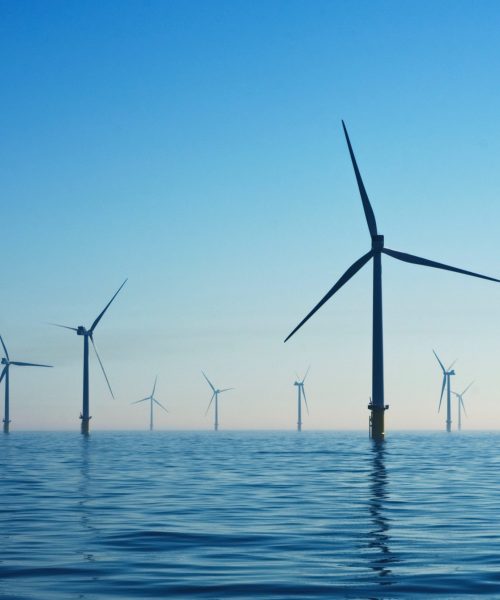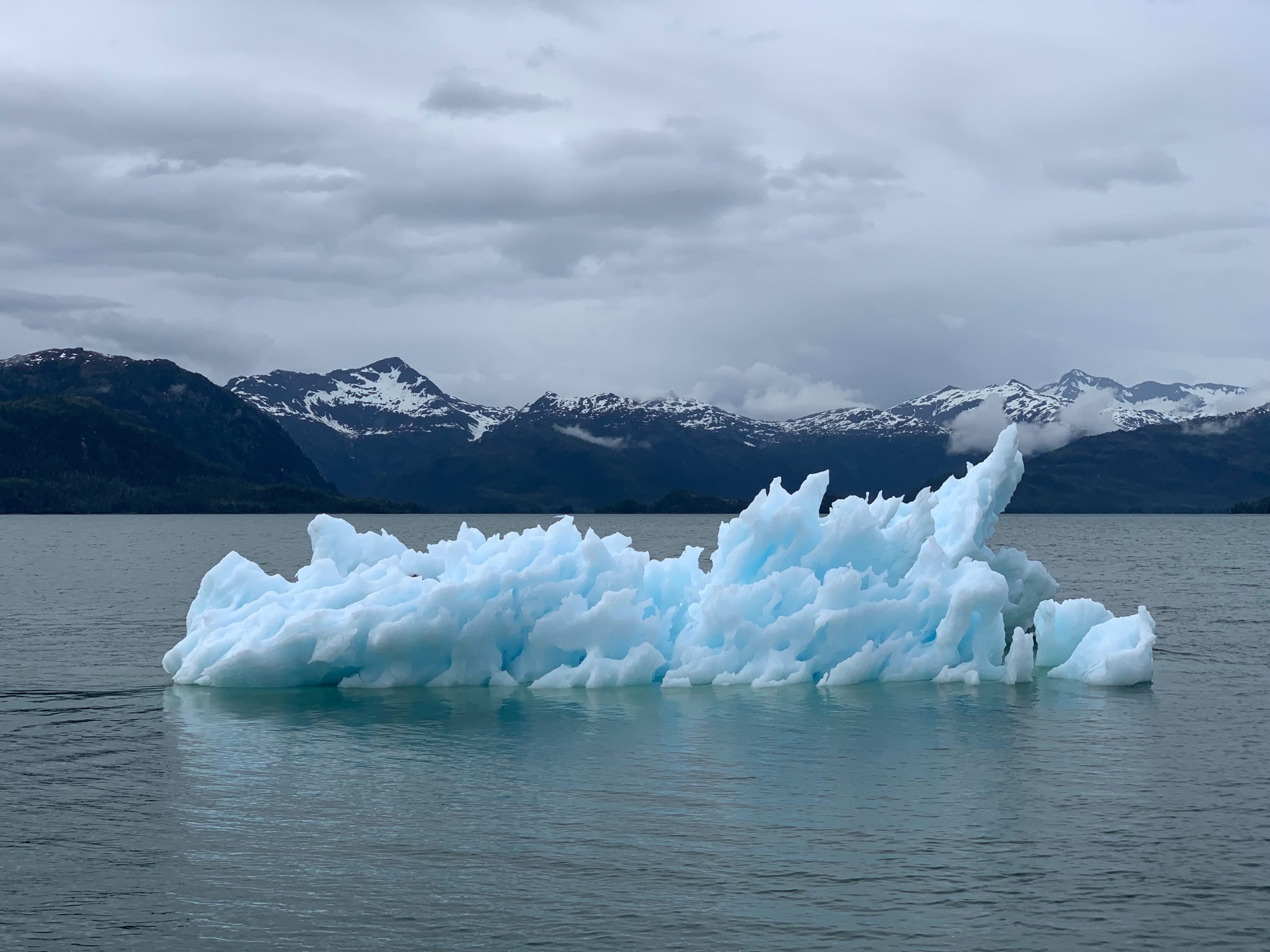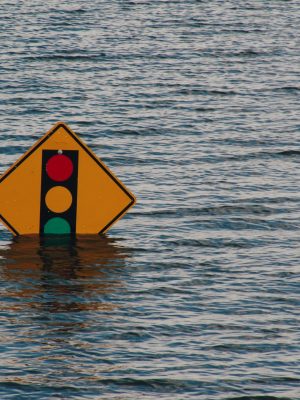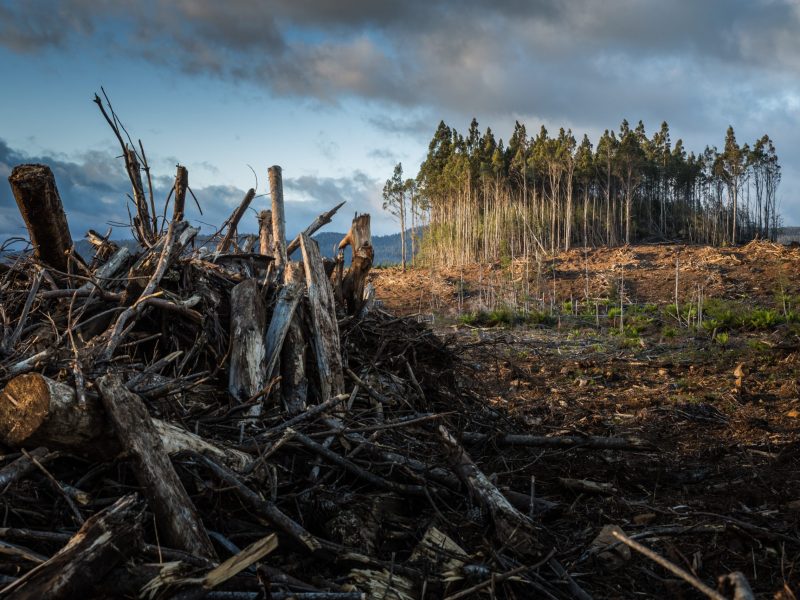Effects & Actions
Climate change effects
Our economy, health, and communities are all being affected by climate change in different ways. Scientists warn that the consequences might be devastating if we are unable to avert the 1.5°C temperature rise.



Mandatory action


We only have 12 years, according to the IPCC Special Report on Global Warming, to keep the average temperature increase to 1.5°C (see section C.1 in the summary for policymakers). This actually means that starting right now, greenhouse gas emissions must be dramatically cut.
Thankfully, there are plenty of chances to do so. Our unsustainable lifestyles and large carbon footprint are the key issues. Therefore, in order to change the situation, people must adopt more sustainable practices.
Changing to green energy is the first easy step. Today, the creation of heat and electricity, as well as the operations of other closely associated industries, results in 31% of greenhouse emissions. Fighting climate change requires using clean energy in your home and place of business. A nonprofit organization called ECOenergy encourages the use of energy whose production complies strictly with the standards of sustainable development. By selecting energy with an ECO energy label, you may aid in the energy shift. Regardless of the nation you reside in, you can get in touch with your energy provider or look through the list of providers who have already partnered with ECO energy.